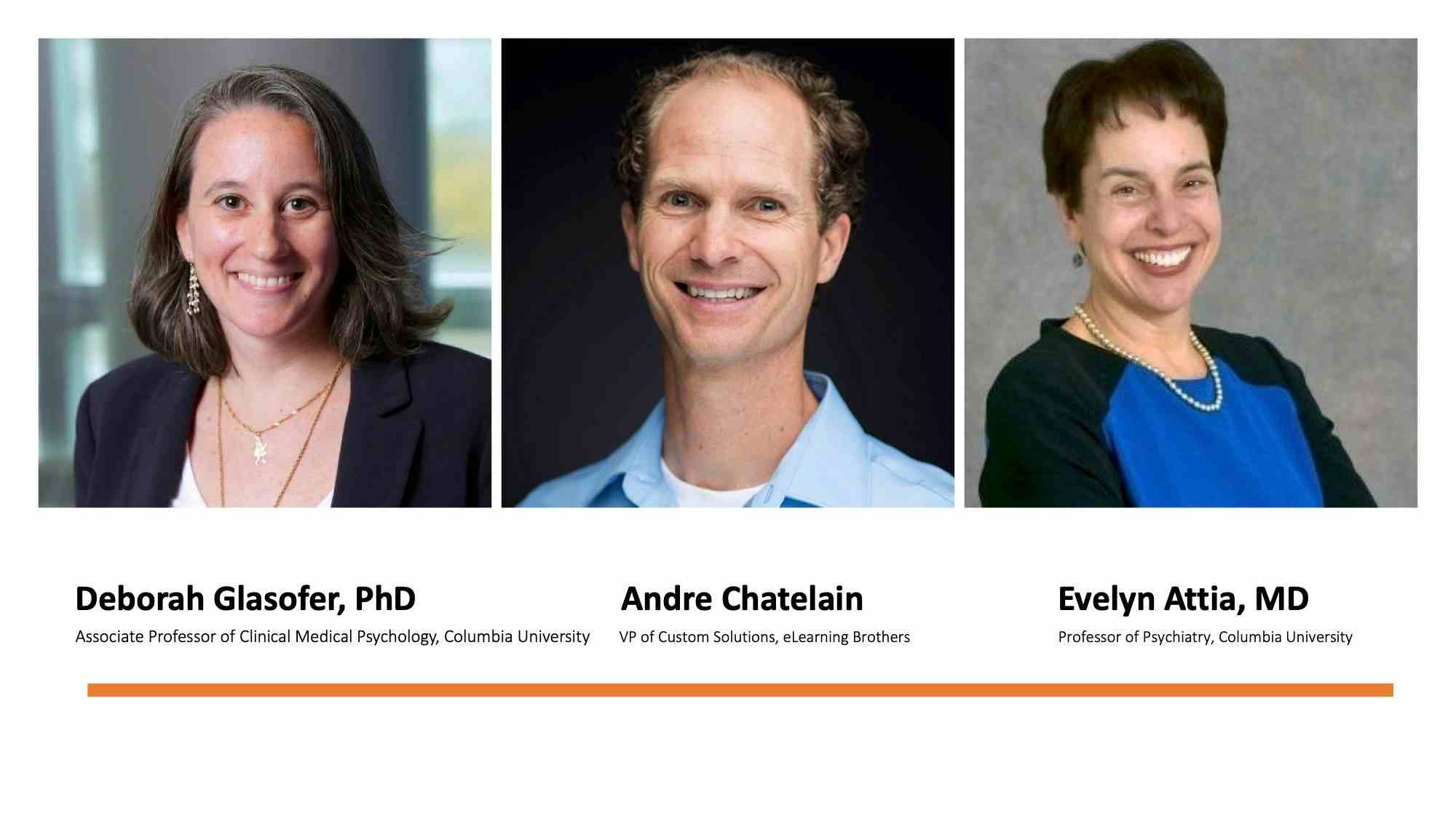Physician workloads dropping as mental health concerns rise
A career in medicine is not for the faint of heart. In fact, a recent survey suggests medical professionals need extra care and concern, especially with regards to their mental health.
I spend a good deal of my time thinking about workloads. My leadership team and I are always looking to find the right balance between improving productivity and efficiency while creating an engaging, caring culture for our people.
I also think about the workloads of the physicians we work with, many of whom turn to locum tenens when their lives feel out of balance. For the last few years, I’ve seen the weight upon physicians’ shoulders continue grow heavier and heavier.
I recently read through the 2018 physician workload survey report from locumstory.com. As with any report, there was both good news and bad. I was glad to see the demands on physicians-while still high-appear to be lessening, but I was concerned by data showing that physicians’ mental health concerns are largely ignored.
Here are a three points from the survey that jumped out.
Mental health is a taboo topic
Of the physicians surveyed, 51 percent reported their workload affected their mental health, but only 17 percent sought help. An alarming statistic: two-thirds said they would not even consider meeting with a mental health professional. Even worse, more than half of survey respondents said mental health is a taboo topic among healthcare providers. Why is there such an aversion to getting help?
It is distressing that in this day and age, mental healthcare is still taboo, especially among physicians who understand the associated risks. The survey also found 6 percent of physicians had contemplated suicide and 11 percent take medication for anxiety or depression resulting from their work.
Others are burned out, but not me
Another interesting finding was that 74 percent of physicians reported frequently seeing burnout in their colleagues, while only 52 percent reported feeling burned out themselves. It’s not a stretch to surmise that many of the physicians who don’t think they are burned out likely appear that way to others.
This isn’t surprising. The vast majority of the physicians I speak with went into medicine because of a personal desire to help others. That passion for service is also what makes the profession so demanding, as there are always more people to help. Often, the last person cared for is the caregiver. It’s easy to see how burnout, and even mental health issues, could be seen as “just part of the job.”
Workloads are lightening
On a brighter note, it appears that the working lives of physicians are improving. Locumstory.com issued a similar survey in 2016 that found 64 percent of physicians had less free time outside of work than when they first started their careers. In this year’s survey, the number dropped to 55 percent. The same goes for feeling overworked compared to when they started their careers. In 2016, 65 percent felt overworked compared to 56 percent today.
For many, many years, there has been an expectation that physicians work a lot of hours. From 80-plus hour weeks in residency to 60-80 or more hours in practice. Then add in EHRs, increased government regulations, and dropping Medicaid reimbursements. It’s no wonder that physicians are overworked. It’s refreshing to see that this trend may be slowly turning around.
So, what do all of these findings mean for today’s-and tomorrow’s-physicians? In the face of an ongoing physician shortage, they will continue to carry a heavy workload, and the stressors that accompany healthcare are not going away. Fortunately, this report shows some parts of the job may be improving.
Even so, it’s important for physicians to find strategies to achieve and maintain a healthy work/life balance. For some, that may mean taking more time to de-stress or opening up about mental health concerns. For others, it could be a change in working setting-whether that’s administrative work, locum tenens assignments, medical mission trips, or something else entirely.
For those of us who work with or around physicians, we need to continue to find for ways to support our physicians and other healthcare providers. We need good providers now more than ever, and we need to help them be well.
Lisa Grabl is president of CompHealth, the nation’s largest provider of locum tenens physicians and founder of the traveling physician industry. Lisa joined CompHealth in 2001 as a sales consultant and was appointed as president in 2017. She is passionate about building lasting relationships and helping her team members reach their highest potential.




